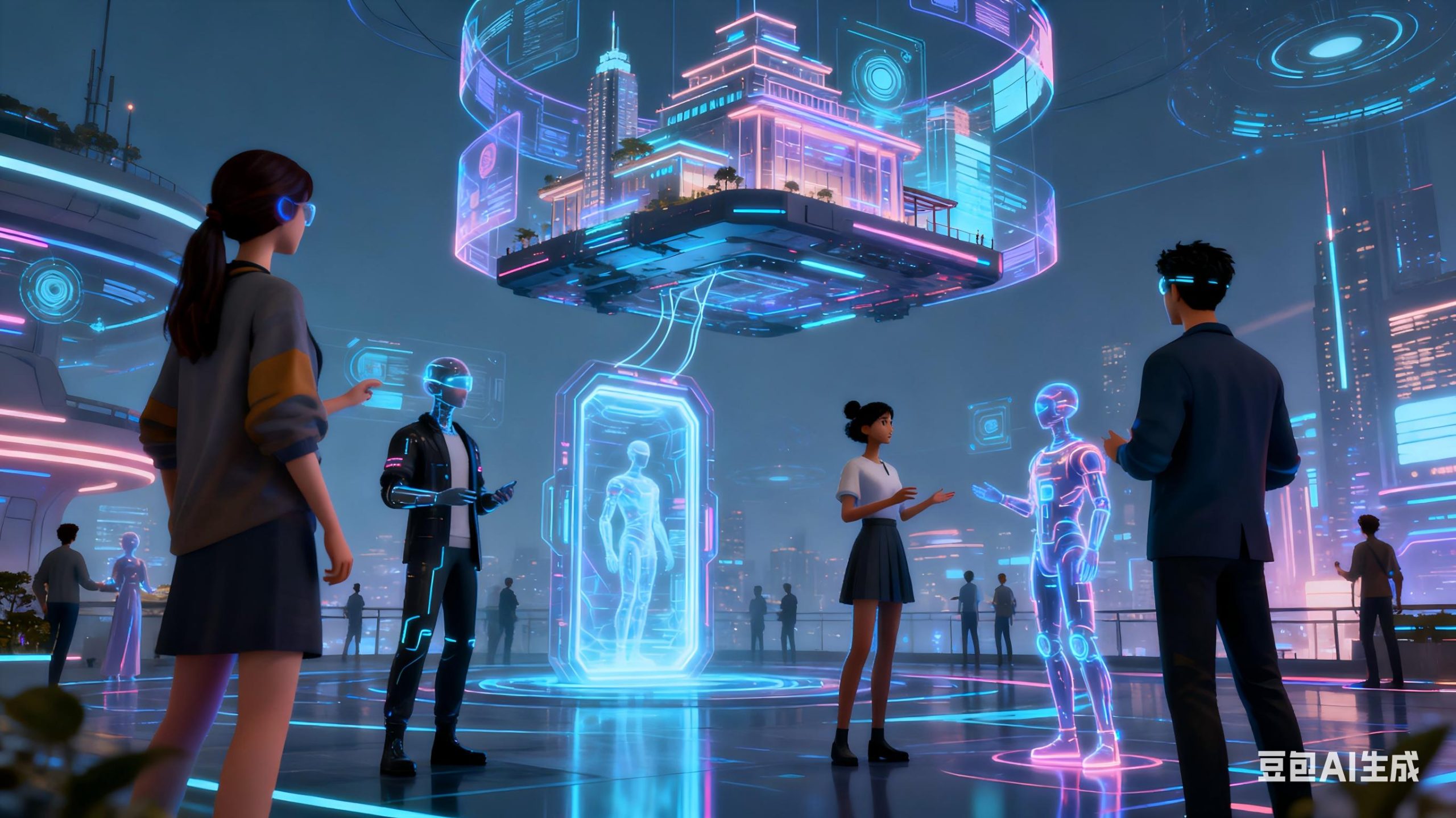What is the Metaverse?
The Metaverse is a collective virtual shared space, created by the convergence of virtually enhanced physical reality and physically persistent virtual space. It is a digital universe where users can interact with each other and with computer-generated environments in real-time. Imagine a world where you can attend virtual concerts, visit virtual museums, and even work in virtual offices, all while wearing a VR headset or using an AR device.
Key Features of the Metaverse
- Immersive Experiences: The Metaverse offers highly immersive experiences through VR and AR technologies. Users can feel like they are truly present in a virtual environment, interacting with objects and other users in a natural way.
- Persistent Worlds: Unlike traditional video games, the Metaverse is persistent. This means that the virtual world continues to exist and evolve even when users are not actively participating. Events, economies, and social interactions continue in real-time.
- Interoperability: The Metaverse aims to be a seamless, interconnected space. Users should be able to move between different virtual worlds and experiences without losing their identity or assets. For example, an avatar created in one platform should be usable in another.
- User-Created Content: A significant part of the Metaverse will be user-generated content. Users will have the ability to create their own virtual spaces, objects, and experiences, fostering a vibrant and diverse digital ecosystem.
Potential Applications
- Social Interaction: The Metaverse provides a new platform for social interaction. Users can meet and socialize in virtual environments, attend virtual parties, and even form virtual communities.
- Education and Training: Virtual classrooms and training simulations can offer immersive learning experiences. Students can explore historical events, scientific phenomena, and complex systems in a way that traditional education cannot match.
- Entertainment: The entertainment industry is already exploring the potential of the Metaverse. Virtual concerts, sports events, and interactive storytelling are just a few examples of how the Metaverse can enhance entertainment.
- Work and Collaboration: Virtual offices and collaborative spaces can improve remote work. Teams can meet in virtual environments, share ideas, and work on projects together in a more engaging and productive way.
Challenges and Considerations
- Privacy and Security: As users spend more time in the Metaverse, their personal data and privacy become critical concerns. Ensuring robust security measures and data protection is essential.
- Accessibility: Not everyone has access to the technology required to fully participate in the Metaverse. Addressing issues of accessibility and ensuring that the Metaverse is inclusive is a significant challenge.
- Economic Impact: The Metaverse has the potential to create new economic opportunities, but it also raises questions about digital ownership, intellectual property, and the impact on traditional industries.

Leave a Reply